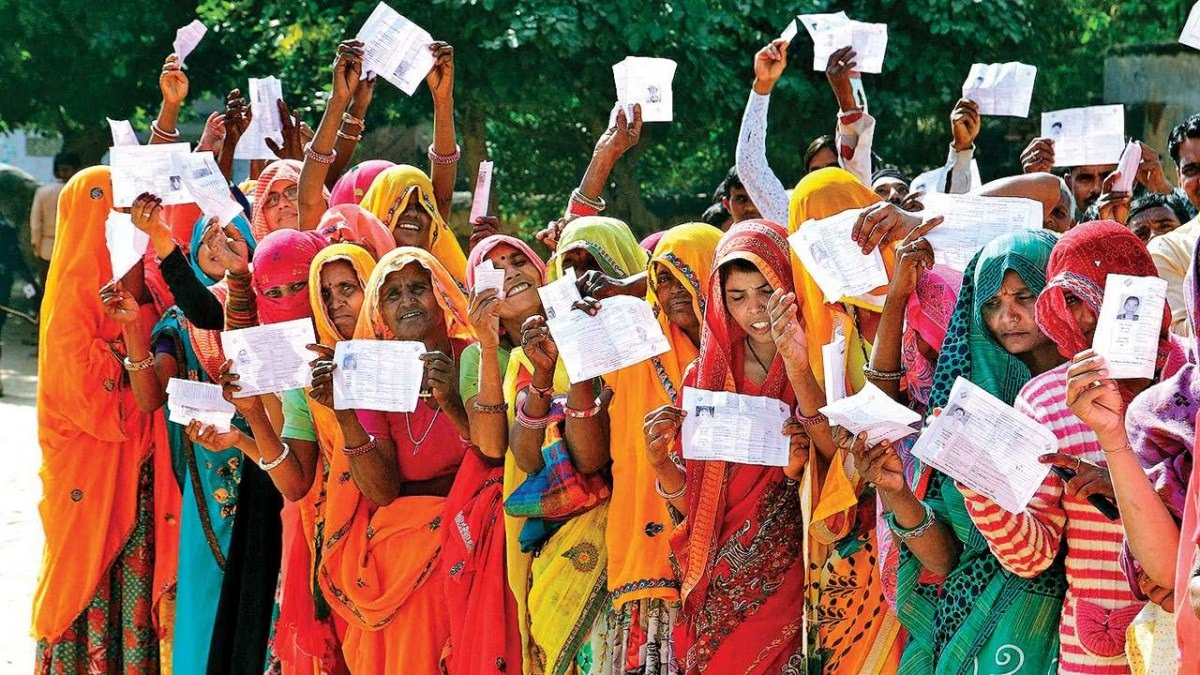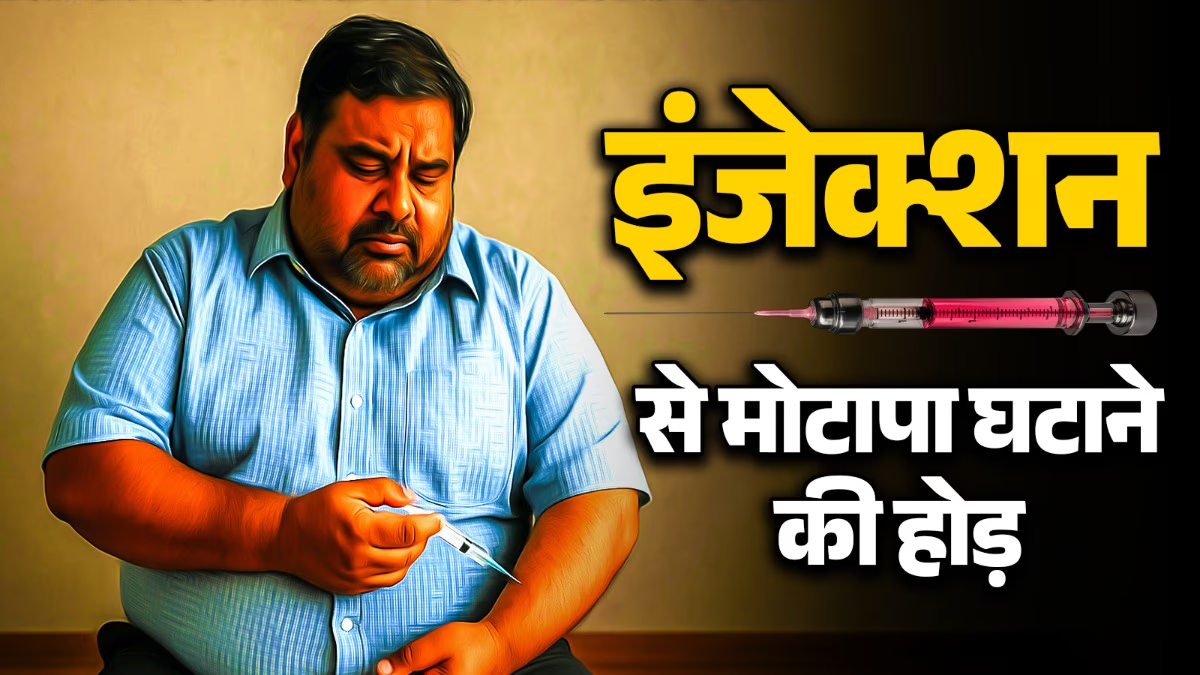The Supreme Court, addressing the issue of the voter list revision in Bihar before the elections, stated it had no problem with the Election Commission's actions, but was concerned about the timing. The court noted that the commission's decision to conduct a Special Intensive Revision (SIR) is logical, yet questioned why this effort occurs mere months before the state assembly elections.
Justice Sudhanshu Dhulia and Justice Joymalya Bagchi heard the case on Thursday, considering several petitions. The Supreme Court highlighted the importance of timing, emphasizing that removing individuals from the voter list without sufficient time to appeal is problematic.
Justice Dhulia remarked, "There is no issue with your process, only with the timing." He warned that voters removed from the list would have no opportunity to challenge the decision before the elections are finalized.
Additionally, the Supreme Court raised concerns about the Election Commission's decision to not recognize Aadhaar as proof of identity. The commission's legal representative clarified that citizenship cannot be established solely through an Aadhaar card.
The court stressed that proving citizenship for voter list inclusion is a substantial requirement, recommending this task remain within the Home Ministry's scope. The Election Commission's initiative, they implied, might not hold value otherwise.
Prominent lawyer Abhishek Manu Singhvi argued that the procedure to remove someone from the voter list begins with submitting evidence against them, after which the commission issues a notification for a hearing. However, in this case, 40-70 million voters face suspension collectively, with instructions to submit forms or risk exclusion.
Senior advocate Gopal Sankaranarayanan described the commission’s actions as “arbitrary” and “discriminatory,” requiring long-time voters to re-verify citizenship without utilizing Aadhaar or similar IDs. The last revision occurred in 2003, with Bihar’s population around 40 million. Now, after significant growth and multiple elections, this revision arrives only months before the next, with the list due out in 30 days.
Confusingly, the commission still refuses Aadhaar for verification despite legal changes acknowledging it, Sankaranarayanan added.
During the hearing, the Election Commission maintained Aadhaar is not citizenship proof, assuring the court there’s no intent to strip voting rights. The commission is authorized to amend voter lists, promising no removals occur without hearings and due process.
The Supreme Court asked the Election Commission to answer three key questions considering Bihar assembly elections: What legal authority allows for such a campaign? What is this campaign's process? And what will its timing be?
The court queried the link between the revision exercise and upcoming elections, asking if hearings will follow any exclusions as a result. Would the commission complete the revision within six months? The law states each family must receive a document for verification, would this be adhered to?




